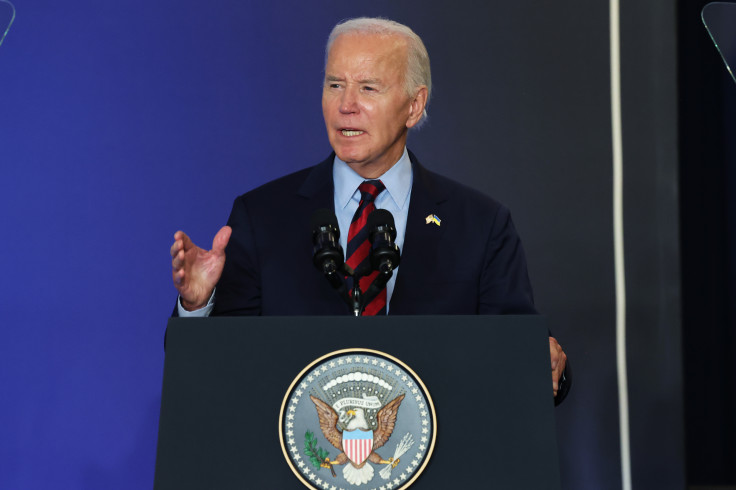
President Joe Biden anticipated on Thursday that he could issue more pardons and commutations after conducting the largest single-day act of clemency in modern history.
Concretely, Biden commuted the sentences of 1,500 people released from prison and placed under home confinement during the Covid-19 pandemic and pardoned 39 more who had been convicted of nonviolent crimes.
"America was built on the promise of possibility and second chances. As President, I have the great privilege of extending mercy to people who have demonstrated remorse and rehabilitation, restoring opportunity for Americans to participate in daily life and contribute to their communities," Biden said in a passage of his statement announcing the decision. The pardon relieves people of guilty and punishment and commutations eliminates the punishment but doesn't exonerate the wrongdoing.
The president went on to say he will "take more steps in the weeks ahead," hinting at additional such decisions. "My Administration will continue reviewing clemency petitions to advance equal justice under the law, promote public safety, support rehabilitation and reentry, and provide meaningful second chances," the statement added.
The announcement comes days after Biden's wide-ranging pardon of his son Hunter days after he was set to be sentenced in two different cases. In justifying his decision, a complete reversal considering he said he wouldn't pardon him for months, Biden said that despite he he believes in the justice system, "raw politics has infected this process and it led to a miscarriage of justice."
"Once I made this decision this weekend, there was no sense in delaying it further. I hope Americans will understand why a father and a President would come to this decision," Biden added. He granted his son a "full and unconditional pardon."
The pardon did not go down well among Republicans, who quickly criticized Biden, but also among many Democrats who voiced their discontent with it as well. As for the public, a new poll by The Associated Press-NORC Center for Public Affairs Research shows that over half of respondents (51%) disapprove of it.
Only 2 in 10 Americans said they do approve, while 18% said they neither approved nor disapproved and the remaining 8% didn't know what to think about it.
© 2025 Latin Times. All rights reserved. Do not reproduce without permission.





